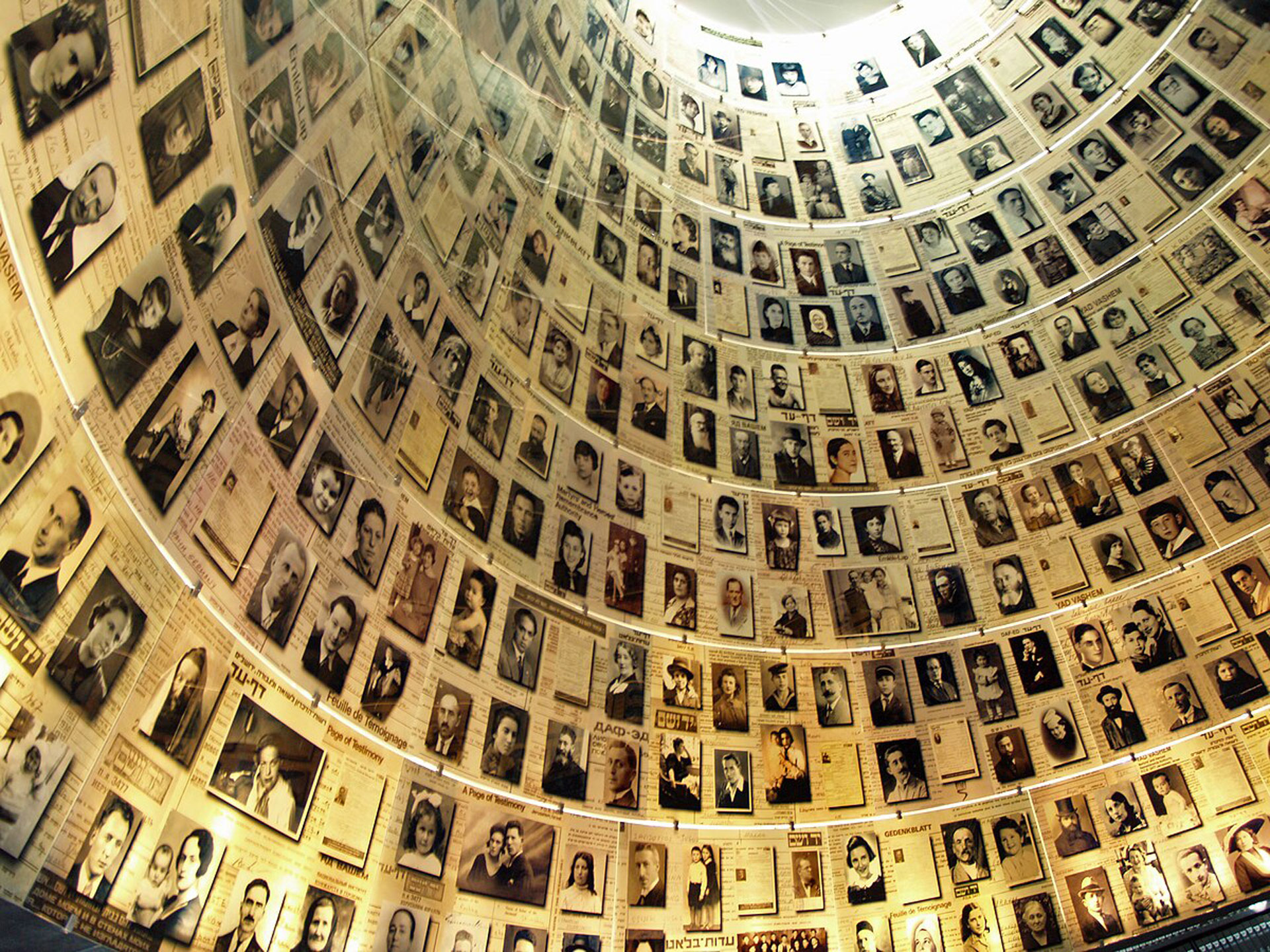Smugglers: “Heroes” or“Assassins”?
“Smuggler. It’s a profession for which people, potential heroes or assassins, give up their regular job”, wrote Henri Amouroux in his book French people’s lives under the Occupation (1961).
A smuggler is someone who transports people across a border. In countries occupied by Nazi Germany, smugglers immediately played an important role in helping people who wanted to join resistance movements, or in exfiltrating persecuted persons. In France, the smugglers were men and women from border regions, often with “neutral” Switzerland and Spain, or from the demarcation line, which from June 1940 to November 1942 separated the occupied zone from the so-called “Free Zone” under the Vichy Regime. Whether they were peasants, customs officers, traffickers, students, fathers or mothers, the smugglers knew the terrain very well to carry out dangerous missions in highly controlled regions. They often had links with resistance networks. In Yugoslavia, the illegal Communist Party was already transferring its activists in and out of the country, and under the occupation, it smuggled them from the towns into the liberated countryside. In 1944, the Serb royalist Chetniks, in an attempt to improve their position with the Allies, smuggled American airmen whose planes had been shot down by the Germans.
With the intensification of the Shoah and the major round-ups in the summer of 1942, tens of thousands of Jews wanted to leave France and the number of smugglers increased. In addition to those who acted out of conviction (in the service of the political or military resistance, or out of humanism and rejection of anti-Semitism), there were also opportunists tempted by lucrative prospects. In the Independent State of Croatia, smugglers transferred Jews from the German into the Italian occupied zone, sometimes for compensation. Françoise Frenkel, a Polish Jew who had taken refuge in France, was arrested at the Swiss border in December 1942 because of a paid smuggler who abandoned her at the first sign of danger. For her second, successful attempt, in June 1943, she was entrusted by a Jewish rescue network to a benevolent French customs officer.
The smuggler is the epitome of the gray area highlighted by Henri Amouroux. To distinguish the “murderers” from the “heroes” and to honor the latter, the title of smuggler (“passeur”) was recognized in France in 1946, issued by the authorities after an investigation. The transfer of members of the Resistance or of allied military forces to Free France or to allied or neutral countries was treated as an act of resistance. Jewish refugee smugglers are honored by the Yad Vashem memorial, which awards them the title of “Righteous Among the Nations” if they acted out of altruism.
Corine Defrance & Vladan Vukliš


